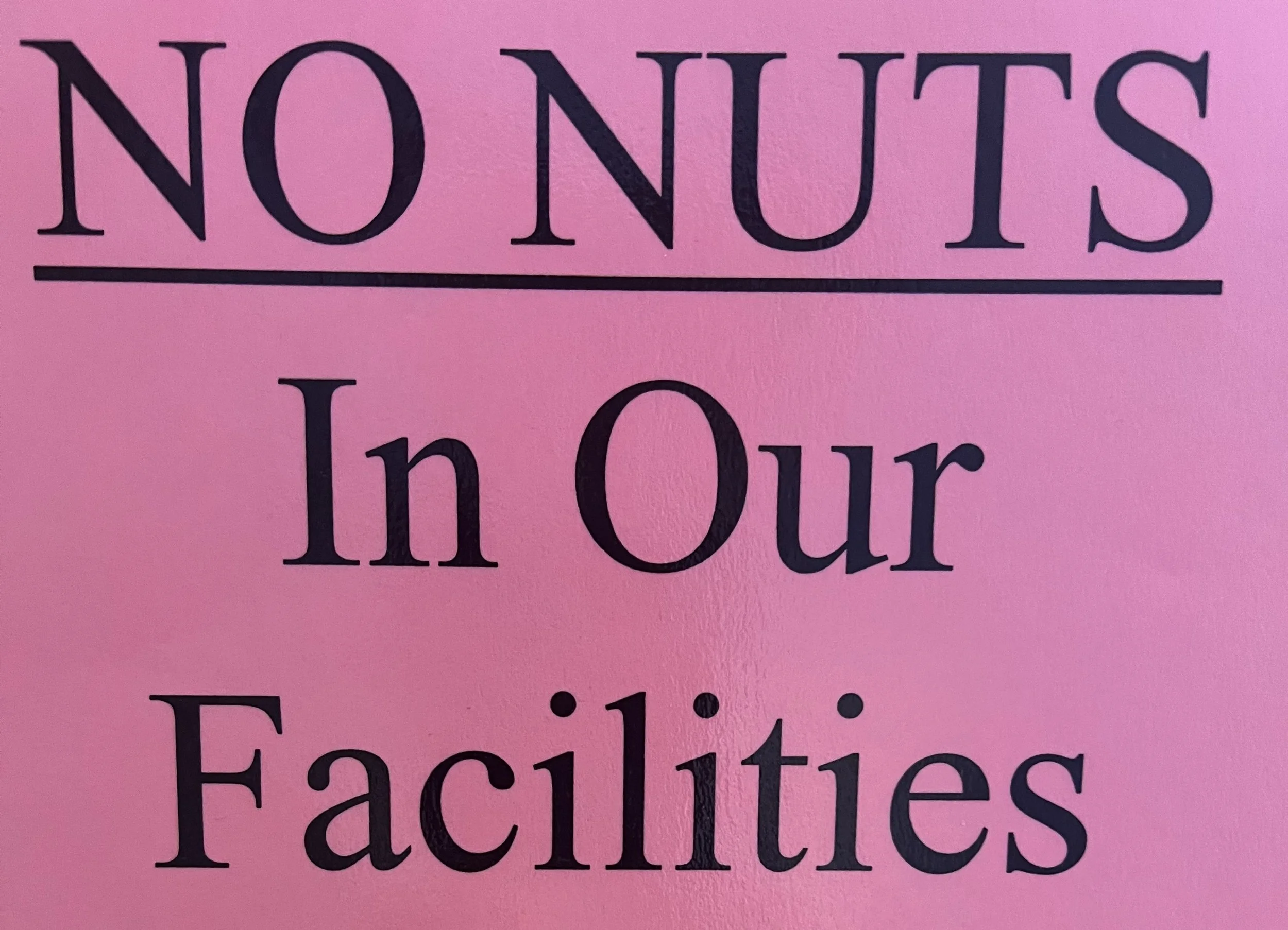Duck Spirituality
/We’ve all heard about the duck who glides on the water’s surface, looking calm and serene, while below the surface legs pump wildly to keep him or her moving. That’s what living has felt like to me. I’ve wanted to appear capable, even talented, but beneath the surface I’ve been paddling furiously to keep up.
It began in school when I was told I had a learning disability. From then on, I paddled hard (or coasted) lacking the humility to admit I was not all I seemed. I did it socially, performing “as if,” often with the help of artificial substances. This morning, when a friend showed me this opening of Faust, I realized I’ve done it spiritually, too.
I was born with a soul that looked at the world as if there was something more than what I could see. Enraptured by the dream that life has a purpose and there’s one behind it all that loves and cares for us, I began paddling. I went to seminary, contrary to the flamboyant way my life looked on the surface, and learned a lot of theology. I used God-given talents to appear knowledgeable and wise, and yet beneath the surface I was paddling as fast as I could. The life I presented was not the one I was living.
In the end, I had a degree and a resume, but not what really mattered: a living faith. The journey from head to heart is, for me, the longest and most difficult one there is. Reading a book or writing something clever is easier than loving my neighbor or admitting my imperfections.
In the end, though, admitting we aren’t all that we appear to be on the surface is the pathway to true peace. Allowing others to see our exhausted paddling feet is when authentic community happens and living faith can begin. In what time I have left, that’s what I am going to search for. How about you?



